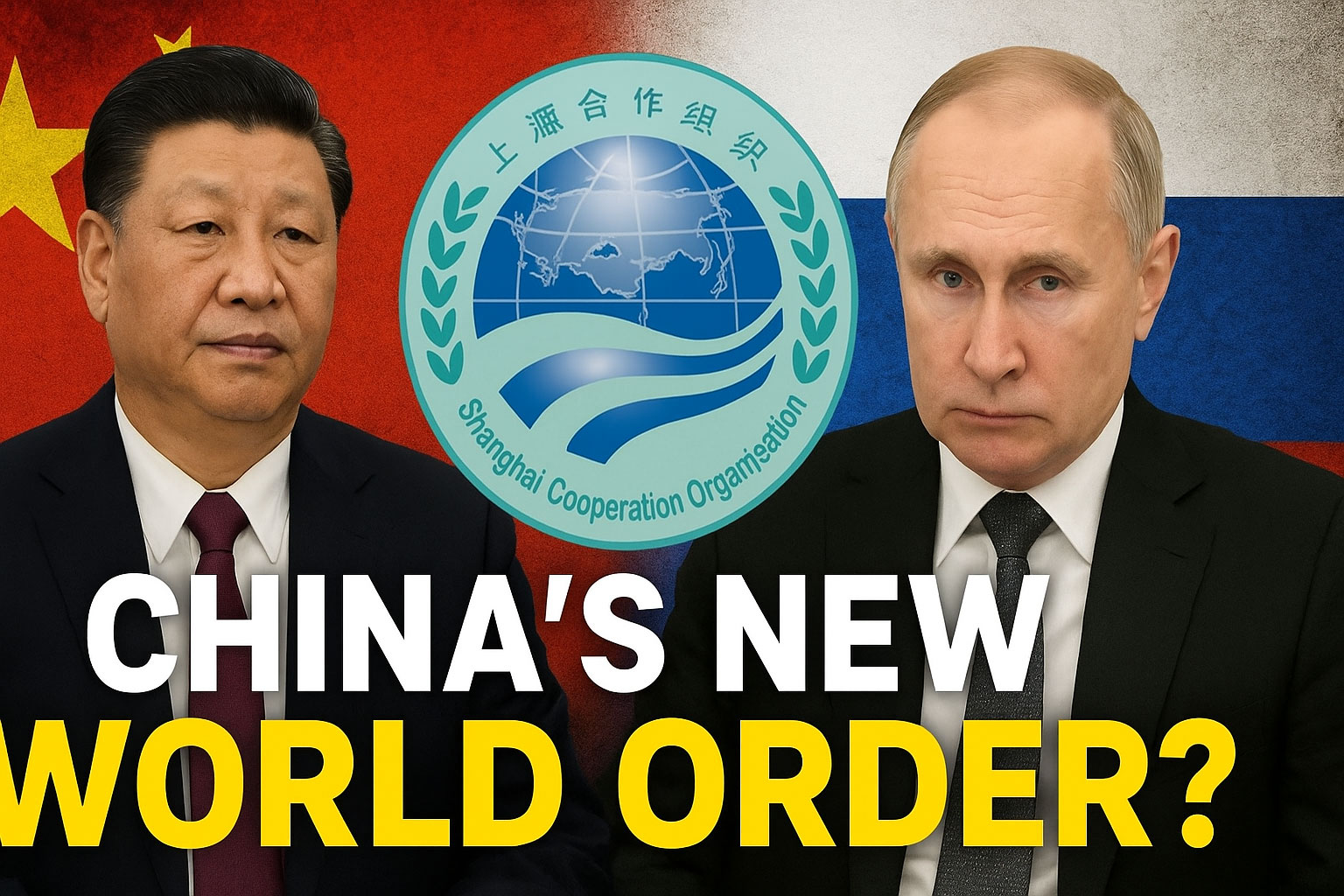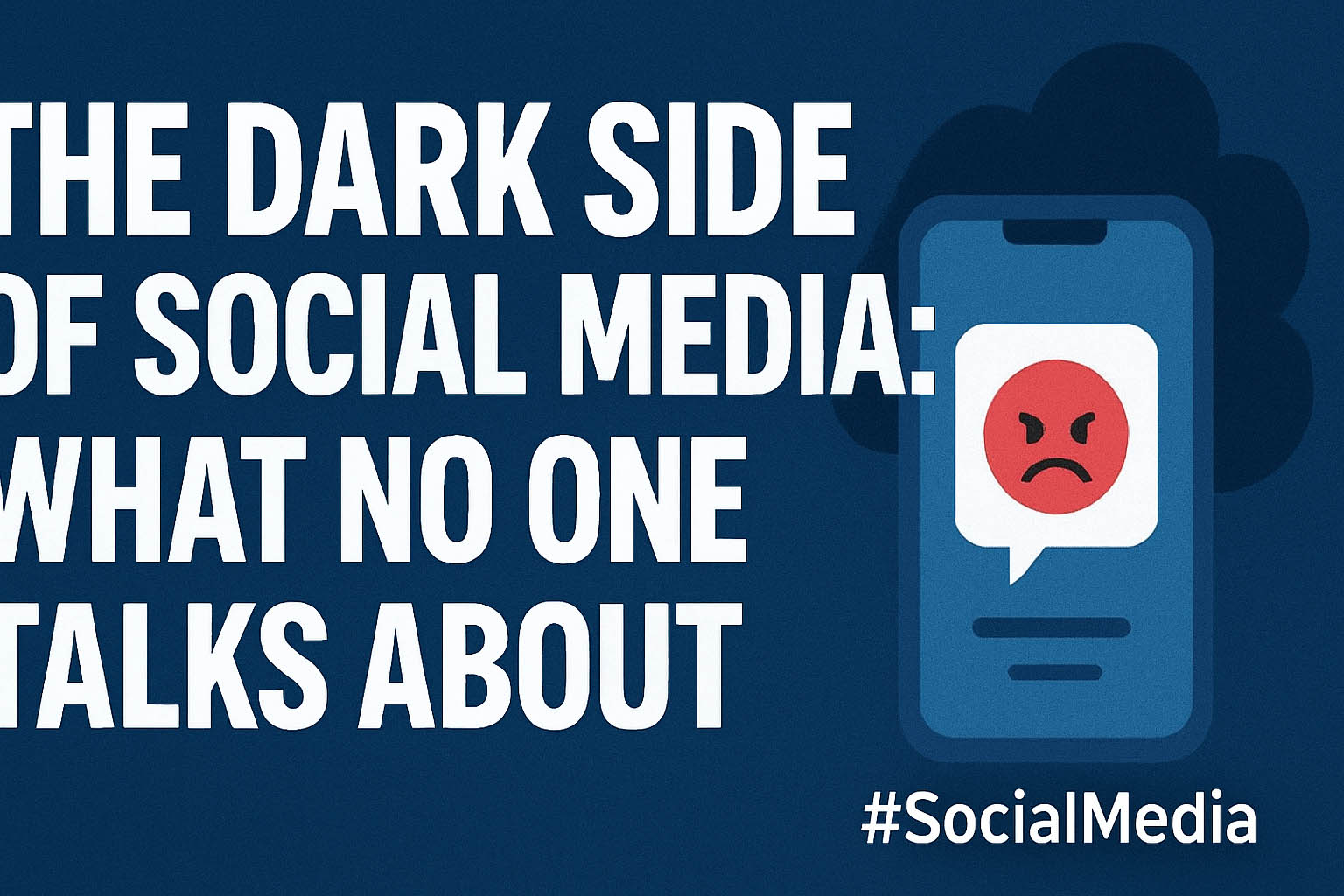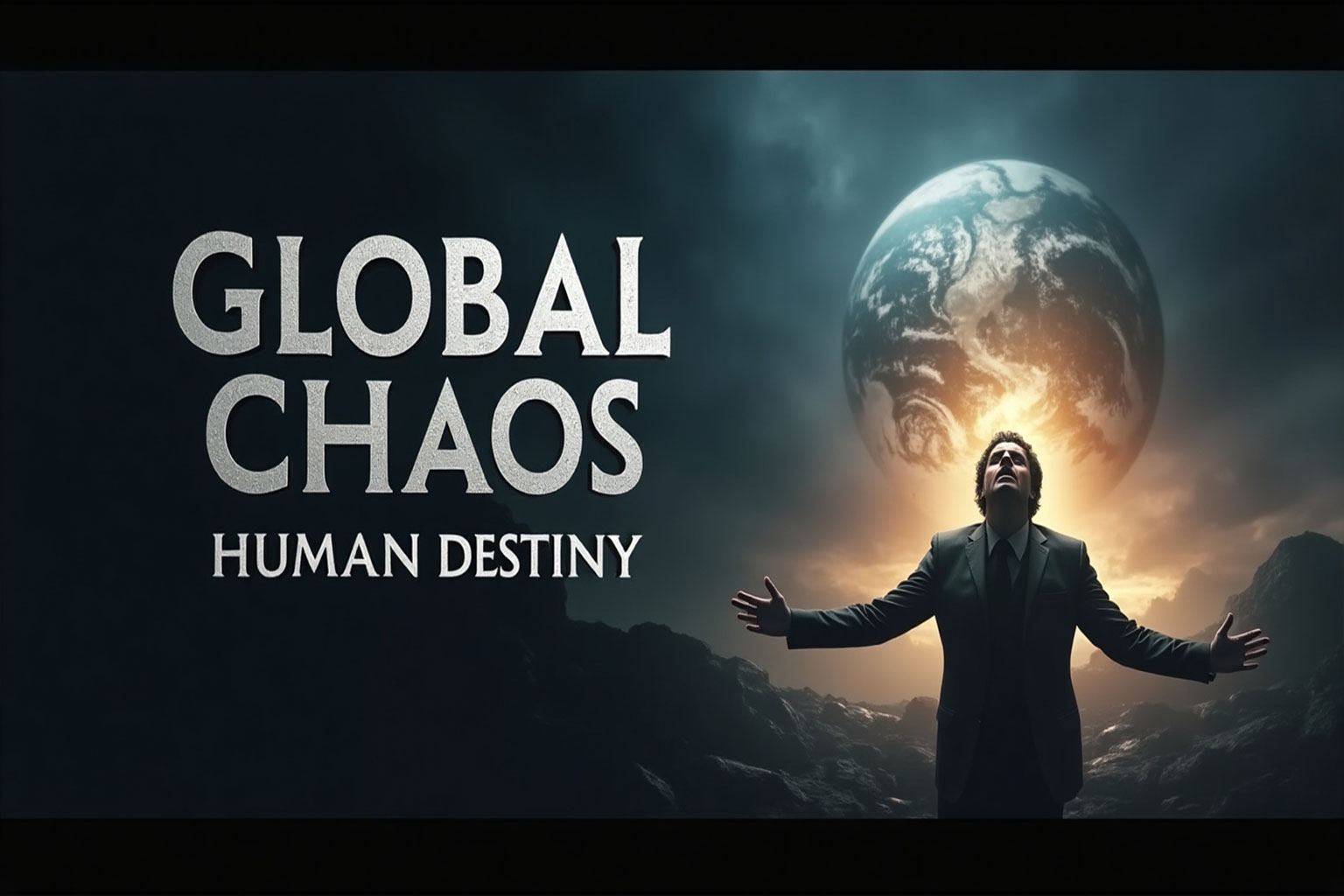Tianjin, China – The two-day Shanghai Cooperation Organization (SCO) Summit, hosted by Chinese President Xi Jinping, concluded with much fanfare and global attention. The event brought together leaders from Russia, Pakistan, Turkey, Iran, Kazakhstan, Kyrgyzstan, Uzbekistan, Tajikistan, Azerbaijan, Belarus, and even the UN Secretary-General.
From the outset, it was projected as a turning point — a challenge to U.S. supremacy and the beginning of a “new world order” led by China and Russia. Yet, despite ambitious declarations, the reality remains: the U.S. still dominates globally, and it will take far more than statements to displace Washington’s primacy.
Key Declarations
The SCO summit issued a joint communiqué that approved 24 strategic documents, covering cooperation in:
- Security and counterterrorism
- Economic and trade ties
- Cultural exchange
- Institutional capacity building
The declaration condemned Israeli attacks in Gaza, called for an immediate ceasefire, and demanded unhindered humanitarian aid access. It also urged the establishment of an inclusive government in Afghanistan.
Putin’s Economic Vision
Russian President Vladimir Putin proposed bold new economic initiatives, including:
- Issuing joint SCO bonds to strengthen financial cooperation
- Establishing a common settlement and payment system
- Creating a dedicated SCO investment bank
Putin also reiterated Moscow’s stance that NATO expansion into Ukraine was a direct threat to Russia’s security, accusing the West of fueling the 2014 uprising that, in his view, set the stage for today’s conflict.
China’s Balancing Act
For Beijing, the summit was an opportunity to showcase leadership in a shifting geopolitical landscape. By branding the outcome as the launch of a “new world order”, China signaled its ambition to counterbalance U.S. dominance not only in trade but also in global governance.
However, analysts caution that rhetoric alone cannot undo decades of entrenched Western influence. To genuinely reshape the world order, China and Russia must go beyond trade and contribute meaningfully to global peace, stability, and security.
Pakistan’s New Diplomacy
On the sidelines, Pakistan’s Prime Minister Shehbaz Sharif held bilateral meetings with regional leaders and formally established diplomatic relations with Armenia — a significant foreign policy shift.
For Pakistan, torn between U.S. ties, economic crises, and deep dependence on China through CPEC, the SCO offers both opportunity and challenge.
The Bigger Question
The summit raises a critical question: Can SCO and BRICS truly empower the Global South, or will internal divisions and Western pushback keep them fragmented?
- Russia remains consumed by Ukraine.
- Iran is focused on its nuclear program.
- Pakistan struggles with floods and economic turmoil.
- India faces tariff tensions with Washington.
All members share grievances against U.S. hegemony, but no one is ready to “tie the bell around the cat’s neck.” Until China and Russia take decisive leadership roles in peace and security, U.S. supremacy is likely to remain intact.



